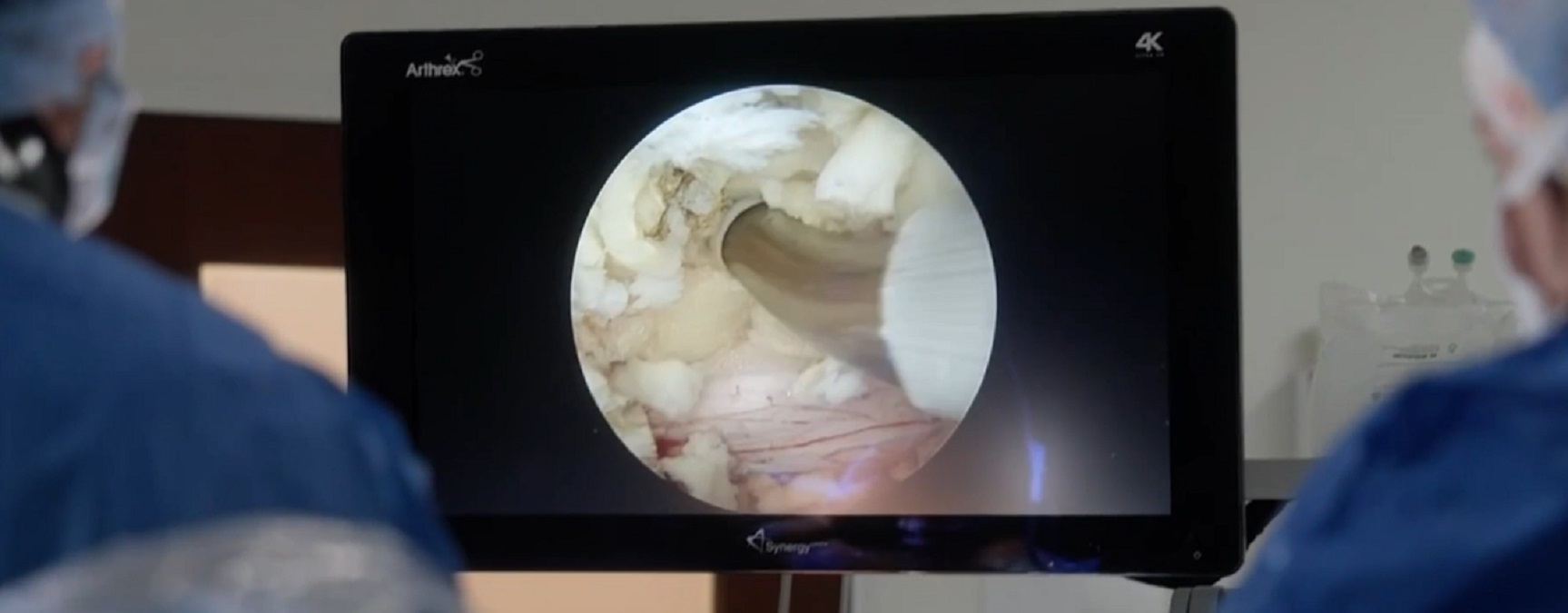Imagine a place where 19 massive breweries crank out product for only 9,000 people who drink beer, many operating at a loss, hoping for the day when thousands of new customers get thirsty for their product.
Welcome to the world of medical marijuana in Illinois.
Right now, the fledgling program has an oversupply of product, with a relatively small number of customers. As of July 31, just 8,891 patients had qualified for medical cannabis cards in Illinois, with 19 cultivation centers shipping pot to dispensaries statewide. Each of the massive facilities cost millions to construct, but the state says all of the sites combined have only done about $11 million in business since the program launched last year.
In July, 5,900 unique patients purchased about 313 pounds of pot at the state’s 40 dispensaries.
“We have right here, one of the safest and most effective drugs known to man,” says Tim McGraw, CEO of Revolution Enterprises, which operates two cultivation centers in Illinois. “The verdict is in, the science is in, cannabis saves lives and is very effective medicine.”
Standing in a lab at Revolution’s giant cultivation site in downstate Delavan, McGraw pointed out his facility’s ongoing research into new strains, and the strict regulations under which he and other growers operate.
“Anything that comes out of these facilities is third party sampled and third party tested,” he said. “It’s just the purest cannabis in any state, period!”
Local
The Revolution site is impressive. Room after room of plants in various stages of development (20 available rooms in all); labs devoted to genetics and new strains of cannabis; kitchens cranking out candies and other edibles, each carrying marijuana’s key active ingredients which many patients say have changed their lives for the better.
“About every 21 days, one of these rooms gets harvested,” he said. “We’re only using five of the 20 right now.”
That’s plenty of room for future expansion, already under a football-field sized roof.
“We really walk the walk,” says Chief Operating Officer Dustin Shroyer. “We’re trying to figure out what the cannabis medicines of tomorrow are going to be.”
The cannabis medicines of today are only permitted for 41 conditions in Illinois. Two of those, PTSD and conditions surrounding terminal illnesses are brand new. Cultivators say they are confident those two categories alone, will help to increase a customer base which if packed into Wrigley Field, would currently need to bring along 32,000 friends to fill the park.
“We’re already adding about a thousand patients a month,” says McGraw, who indicated the industry hopes to identify as many as 16,000 users by the end of this year. “We only need 25 to 30 thousand patients for it to sustain itself.”
Other states have painted with a broader brush. California, for example, permits wide categories like “chronic pain” or even “insomnia” for a program which critics say is almost laughably permissive.
From its inception, Illinois took exactly the opposite approach.
“Certainly there’s always a fear of abuse,” says Jack Campbell, the state’s medical cannabis director. “We’re going slowly to look at these.”
But McGraw complains that pain is one area where thousands of patients could get immediate relief from his medicine.
“We’re one of the few states that doesn’t allow for the treatment of pain with cannabis,” he says. “It’s obvious that this is helping a lot of people, and at the end of the day, nobody is getting hurt!”
There is one change on the horizon which could mean more patients. Under the program’s original rules, doctors had to recommend in writing that patients in their care might benefit from cannabis. And many were hesitant to do so.
Streamlined changes signed into law by Governor Bruce Rauner this summer call only for doctors to certify the patient’s qualifying condition. That could mean thousands more customers, even if new maladies aren’t immediately added to the list.
In the meantime, how long can McGraw sustain his operations in Illinois?
“As long as we need to,” he said. “It’s not going away. Cannabis is here to stay in Illinois!”
Campbell, the Illinois director, echoes those sentiments.
“The anticipation is that the day will come when there will be many more thousands of patients,” he said. “And it will take facilities as large as this, or larger, to actually create enough medical cannabis to get it to all the patients.”



